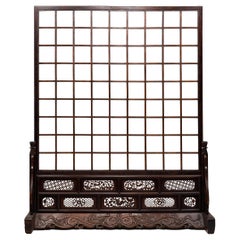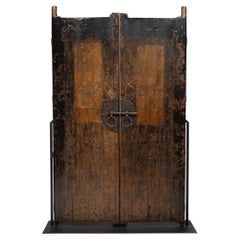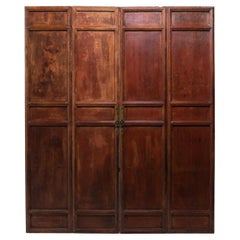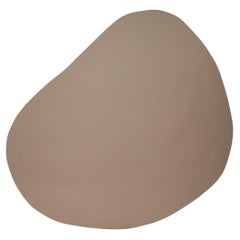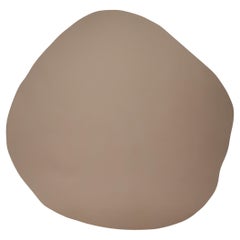Questions & Answers
Our trusted network of 1stDibs sellers answer common questions
What is the cheapest way to divide a room?
1 Answer
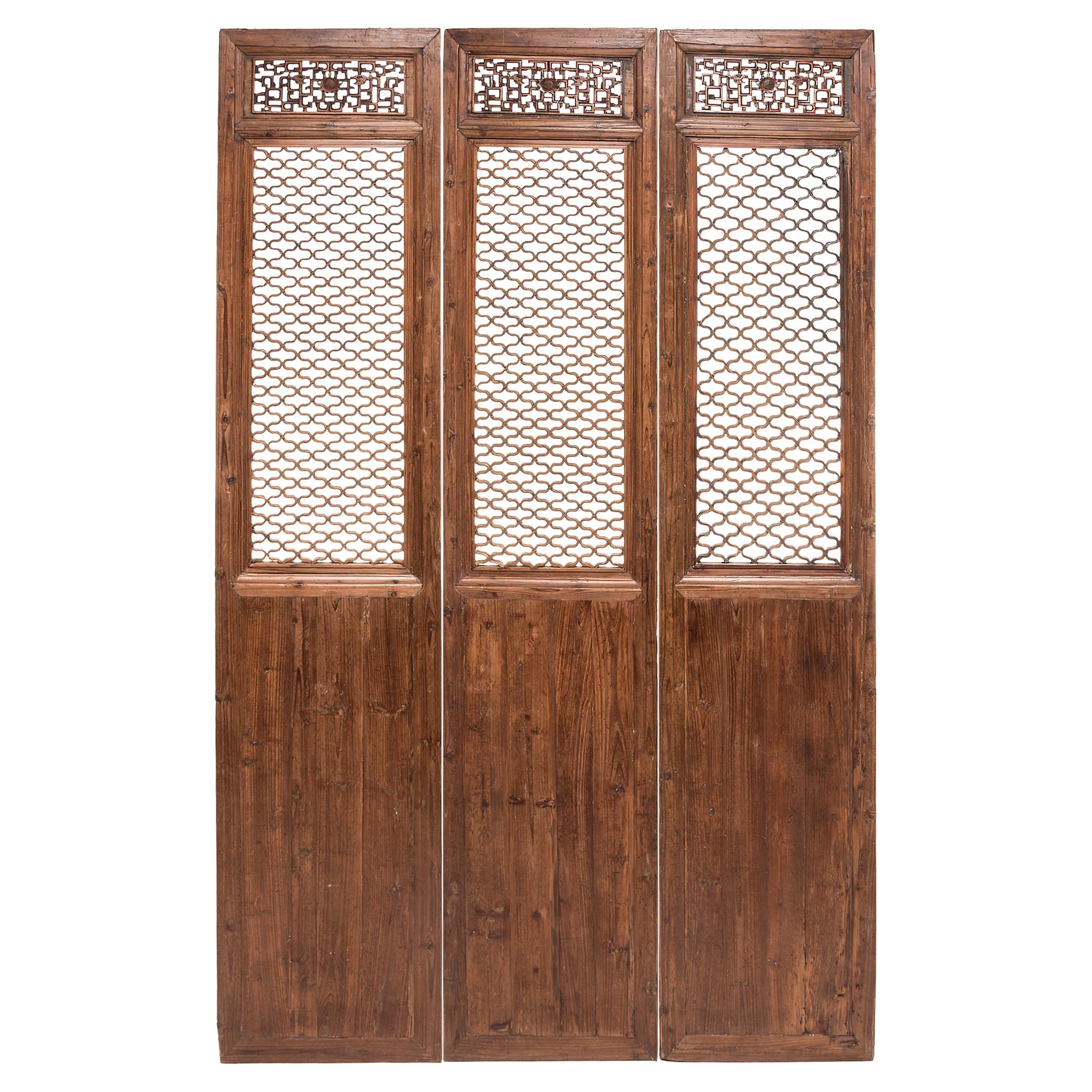
Lightweight Japanese paper lattice screens known as shōji are a versatile way to define a living space and block drafts. Painted folding screens known as byōbu are also used as decorative elements, often featuring landscapes, animals, and flowering plants. Chinese folding screens were traditionally comprised of monumental hinged panels, intricately carved and decorated with panoramic landscapes or stone inlay.

PAGODA REDOctober 7, 2020
Related Questions
View All QuestionsShop for Chinese Room Dividers and Screens on 1stDibs
Monumental Chinese Lattice Spirit Screen, c. 1850
Located in Chicago, IL
Single-panel standing screens have been prevalent in fine Chinese interiors since as early as the
Category
Antique Mid-19th Century Chinese Qing Paintings and Screens
Materials
Elm, Pine
Pair of Chinese Crackle Lacquer Courtyard Doors, c. 1800
Located in Chicago, IL
traditional home in northern China. The graphic marks on each door are likely left from early 20th-century
Category
Antique Early 19th Century Chinese Qing Paintings and Screens
Materials
Elm
Set of Four Chinese Courtyard Door Panels, c. 1850
Located in Chicago, IL
A hallmark of Chinese architecture, tall door panels such as these were used in provincial
Category
Antique Mid-19th Century Chinese Qing Doors and Gates
Materials
Brass
Pair of Chinese Floral Chainlink Lattice Panels, c. 1800
Located in Chicago, IL
This pair of elaborately carved early 19th century Chinese courtyard panels feature intricately
Category
Antique Early 19th Century Chinese Qing Screens and Room Dividers
Materials
Elm
Set of Three Chinese Quadrilobe Lattice Courtyard Panels, c. 1850
Located in Chicago, IL
The sweeping elegance of these 19th-century courtyard doors, with their intricate lattice panels, hides the mathematical brilliance required to create them. The wax-finished, knotty ...
Category
Antique Mid-19th Century Chinese Qing Doors and Gates
Materials
Fir
Shop More furniture from PAGODA RED on 1stDibs
Wabi Sabi Bronze Puddle Mirror
Located in Chicago, IL
Embracing the spirit of wabi sabi, this wall-mounted mirror flows like serene pool of glass. Unobstructed by frame or mount, the bronze-toned puddle mirror complements any room with ...
Category
21st Century and Contemporary American Organic Modern Wall Mirrors
Materials
Mirror, Wood
Wabi Sabi Bronze Puddle Mirror
Located in Chicago, IL
Embracing the spirit of wabi sabi, this wall-mounted mirror flows like serene pool of glass. Unobstructed by frame or mount, the bronze-toned puddle mirror complements any room with ...
Category
21st Century and Contemporary American Organic Modern Wall Mirrors
Materials
Mirror, Wood
Wabi Sabi Bronze Puddle Mirror
Located in Chicago, IL
Embracing the spirit of wabi sabi, this wall-mounted mirror flows like serene pool of glass. Unobstructed by frame or mount, the bronze-toned puddle mirror complements any room with ...
Category
21st Century and Contemporary American Organic Modern Wall Mirrors
Materials
Mirror, Wood
Chinese Geometric Lattice Window Panel, c. 1900
Located in Chicago, IL
At once functional and decorative, Chinese lattice windows allowed fresh air and light into a room while still maintaining privacy. Assembled by interlocking narrow rods of carved pi...
Category
Early 20th Century Chinese Minimalist Wall-mounted Sculptures
Materials
Pine
Chinese Blue & White Soup Spoon, c. 1850
Located in Chicago, IL
This 19th-century porcelain soup spoon is a delicate example of Chinese blue-and-white ceramics. Once used daily as an everyday eating utensil, the spoon's broad form is hand-painted...
Category
Antique Mid-19th Century Chinese Qing Ceramics
Materials
Porcelain
Chinese Bamboo Tobacco Pipe and Pouch, c. 1900
Located in Chicago, IL
This curious keepsake from the late 19th century is a provincial Chinese smoking pipe and its accompanying tobacco pouch. The small pipe honors the humble beauty of natural materials...
Category
Antique Late 19th Century Cambodian Qing Tobacco Accessories
Materials
Bamboo, Wood
Chinese Ming Oil Lamp with Santal Candle
Located in Chicago, IL
This sculptural ceramic object is a Chinese oil lamp from the late Ming dynasty, originally used in altar displays for Buddhist ceremonies and ritual offerings. The vessel is a varia...
Category
Antique Early 17th Century Chinese Ming Ceramics
Materials
Ceramic
